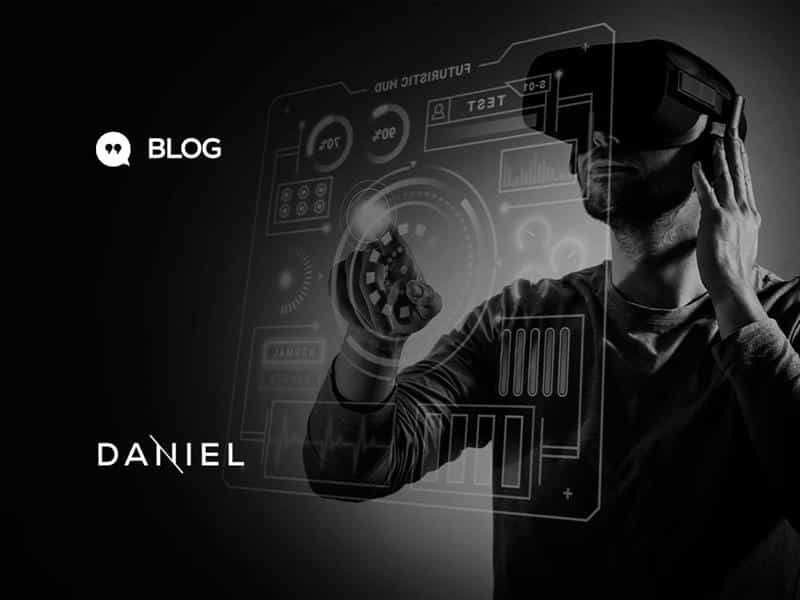Colombia recently became the first country in the world to hold a court hearing in the metaverse , marking a milestone in the digitalization of the country’s justice system. The hearing in question involved a land dispute, and was attended by judges, lawyers, and other participants who appeared through their avatars in the virtual courtroom.
The case demonstrates the potential for accessibility and efficiency brought by the metaverse and its possible application in diverse activities and industries (e.g., government services, e-commerce, gaming, live sports, entertainment, education, telehealth, and more).
The term “metaverse” has its origins in futurism and science fiction, and describes a network of 3D virtual worlds focused on social connection. This new parallel VR world is connected to the idea of Web 3, encompassing concepts such as decentralization, blockchain technology, and token-based economics. More generally, it is a blend of online and offline experiences, where we can interact, socialize, shop, work, research, and contract services, all through the use of an avatar created for the digital environment.
While such developments are exciting, the metaverse has also brought with it new challenges and an increased demand for regulation, to protect users who enter this virtual world.
Across the world, regulatory efforts are still in early stages and important questions remain on how the metaverse will adapt to national and regional laws. While in some cases, it is obvious that existing laws will apply, others will require more scrutiny and guidance from authorities (for example, the World Economic Forum recently highlighted the urgent need to regulate digital identity in the metaverse).
Diverse legal issues that will inevitably arise in the metaverse will need to be addressed going forward, including those involving intellectual property, data privacy, and virtual crime.
The European Union appears to be at the forefront of such regulatory efforts, announcing recently that the EU Commission would provide a new range of standards for the metaverse during 2023. The EU will likely adopt the strategy of offering support to encourage the required development and infrastructure, while at the same time taking a pro-active role in shaping the future of the metaverse in the region.
Meanwhile, Latin American countries are yet to implement specific regulations for the metaverse or virtual reality technology. Several countries across the region have nevertheless started to address the legal and ethical implications of VR technology, especially on issues related to privacy, intellectual property, and cybercrime.
In Brazil, for example, the General Data Protection Law (LGPD) was recently enacted to regulate data privacy and security in the country. This law has provisions that can apply to virtual reality technologies, including the right to access and correct personal data, the requirement for user consent for data collection, and the imposition of fines for non-compliance.
Still in Brazil, the Federal Court in Paraíba recently held a first conciliatory hearing session in the metaverse. The case involved loan payments between a national bank and its debtors. According to the court, people will shortly be able to choose whether they want to participate in a fully digital session held in the Metaverse.
In Mexico, the Federal Telecommunications Institute (IFT) has already considered virtual reality and augmented reality technologies, addressing issues such as user safety and content regulation.
In Colombia, the government has started to explore the use of virtual reality technologies in various industries, such as healthcare and education. However, there is still no specific regulation for the use of virtual reality in these industries or in the metaverse.
In summary, the regulation of the metaverse and virtual reality is a complex and rapidly evolving issue, and countries around the world are still exploring the best ways to regulate this emerging technology. Progress has been made by some countries, including the EU, to create a more complete framework for the area.
Latin American countries, have also been discussing the possible regulation of the metaverse, but efforts so far have focused on specific legal issues such as data protection, user safety and content regulation.
Our team will continue to monitor such developments across the region. Meanwhile, if you have any questions about this topic, please reach out to one of our technology experts.

